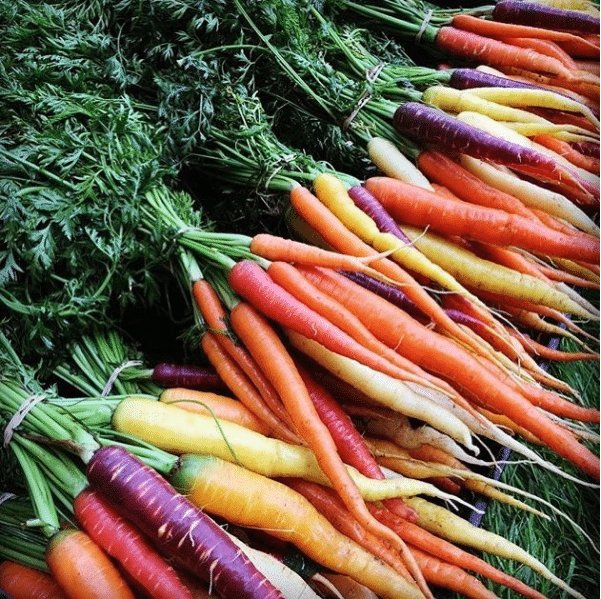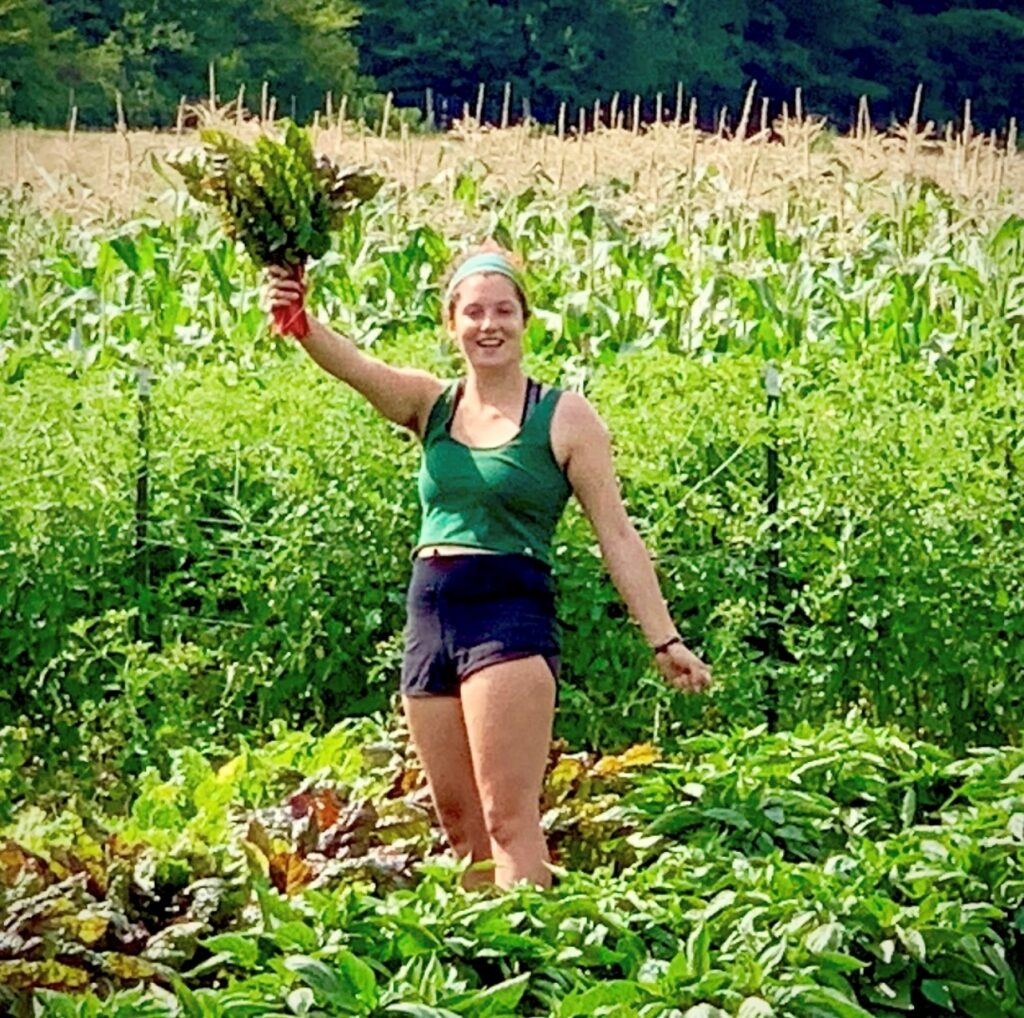What does it mean to live a principled and sustainable life in the 21st century? At Hancock Shaker Village, we look back to the legacy of the Shakers for answers. Understanding our effect on the environment is key, both as individuals and as members of a larger community. The Shakers provide both inspiration and practical answers in their use of sustainable farming practices, water power, wind power, and other renewable energy.

At Hancock Shaker Village we work to have a positive impact on the ecosystem of our farm, Berkshire County, and the planet. We preserve habitat for native flora and fauna and provide pollinator and beneficial insect support in our fields. We breed and save seeds for dozens of heirloom vegetables and flowers that are uniquely adapted to our microclimate in the Berkshires. Our practices aim to restore ecological balance and increase plant vigor, allowing us to strongly limit the use of inputs such as fertilizers, pesticides and fungicides on our farm.
Let’s Regenerate
The Shakers began farming this land in 1783. We continue the Shaker tradition by practicing a distinctive kind of farming, based on Shaker farming principles and regenerative agriculture. We believe that ecological health, thriving crops, and human wellness are inseparable. Through the use of Shaker farming methods, and by partnering with nature, we establish healthy, productive, and beautiful ecosystems on our farm. Three core beliefs form the foundation of the five acres we farm and our land management practices: care of the soil, protection of the ecosystem, and responsibility to our community.
Many farms strive to be sustainable, creating and maintaining healthy soil that will produce healthy crops that have optimum vigor and are less susceptible to pests. We practice regenerative agriculture, an approach to food and farming systems that doesn’t use chemical pesticides or artificial fertilizers, and aims to regenerate topsoil. These practices increase biodiversity and resilience to climate change over time, improve water cycles, and strengthen the health and vitality of crops. Biological production grows more complex over time, increasing yields; all also contribute to carbon fixation.
Our farm and gardens are largely a closed system with minimal inputs. In other words, we utilize our own compost, raise our own livestock, and use our own organic fertilizer. We even utilize our own water – our water comes from the Shaker reservoir on our property, created in the early 1800s by damming and diverting Shaker Brook. By 1817, the Shakers laid an underground aqueduct which transported water from the reservoir, ultimately turning an overshot wheel 20 feet in diameter, powering equipment in the machine shop, serving the laundry, and providing water for the farm, gardens, and livestock. The wheel was replaced by a cast iron water turbine in the 1859, and still operates today. While on the topic of water, we make use of mulch and cover cropping, which reduces water consumption. We estimate these practices reduce watering needs by 45-65% once crops are fully established. The Shakers said there’s as much reverence in pulling an onion as there is in singing hallelujah, and our goal is to give back to the land that sustains us, and to the community that supports us, continuing the work of the Shakers who started farming this land before the Treaty of Paris was signed.
